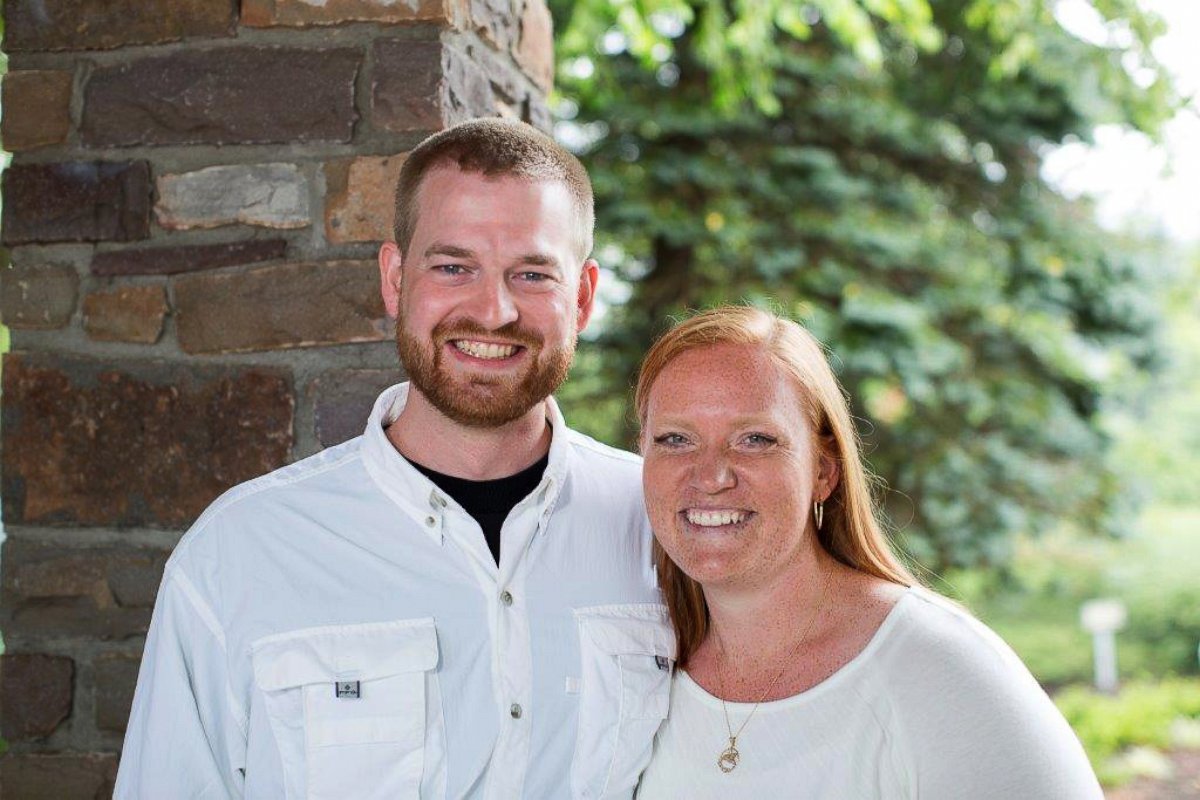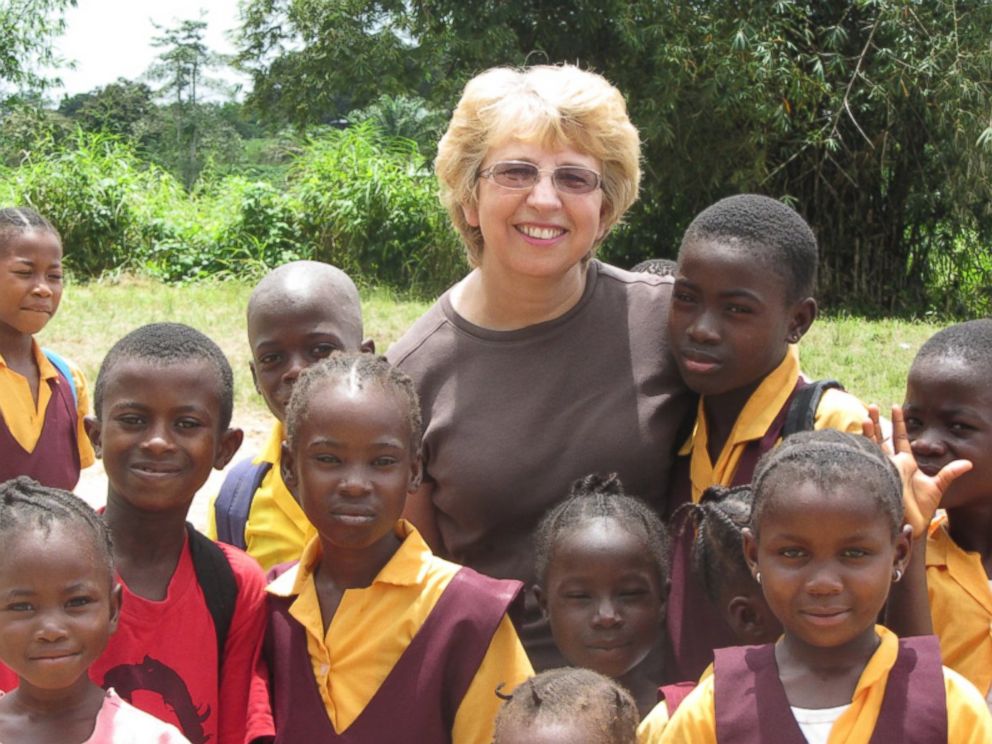How Ebola Survivors Have Fought the Stigma
Americans Kent Brantly and Nancy Writebol survived the deadly virus.
— -- The recovery and release of two American Ebola patients has spotlighted a lingering side effect of the deadly disease: stigma.
Dr. Kent Brantly and missionary Nancy Writebol contracted the virus while working in Liberia. They received an experimental drug and were evacuated from the growing outbreak zone to Emory University Hospital in Atlanta, Georgia, where they were isolated for at least two weeks.
Brantly was released from the hospital today. Writebol was released on Tuesday.
In West Africa, where the virus has at least 1350 of the 2473 people infected, survivors are feared in their communities. Sulaiman Kemokai, an Ebola survivor in Sierra Leone told the Associated Press people are afraid to touch him. Another survivor, 26-year-old Kadiatou Fanta, said her boyfriend broke up with her and her professors don’t want her in class.
“Ebola has ruined my life even though I am cured," she told the AP. "No one wants to spend a minute in my company for fear of being contaminated."
Ebola Patient Dr. Kent Brantley Released from Emory Hospital
Escaped Ebola Patients Found as Outbreak Death Toll Tops 1,200

Ebola spreads through contact with bodily fluids. Though it is not know why some people survive and others do not, blood tests can determine when the patient has recovered, according to the U.S. Centers for Disease Control and Prevention.
"I think there’s been enough study of previous patients such that once individuals have recovered, their ability to transmit Ebola to someone else is virtually nil," said Dr. William Schaffner, chair of preventive medicine at Vanderbilt University Medical Center in Nashville, Tennessee.
The virus only tends to linger in semen and vaginal fluid for a few extra weeks, Schaffner added.
"That doesn’t imperil any of their neighbors the people who sit next to them at restaurants, the folks that they meet at church and any other casual person," Schaffner said. "From a public health point of view, they’re of no risk to anybody else. That’s really, really well established or else they not be releasing these people into the general population."
Still, Schaffner said the general public may be anxious anyway. Words from “people in white coats” alone aren’t enough to change minds, he said, likening the situation to people’s initial fear of AIDS and HIV patients despite scientific proof that they were no danger to the general public.
“I’m reminded of Princess Diana hugging HIV-infected children,” he said. “That’s what you need. You need other validating people to grasp Kent Brantly by the hand, say, ‘Welcome home,’ and then put their arms around him.”





